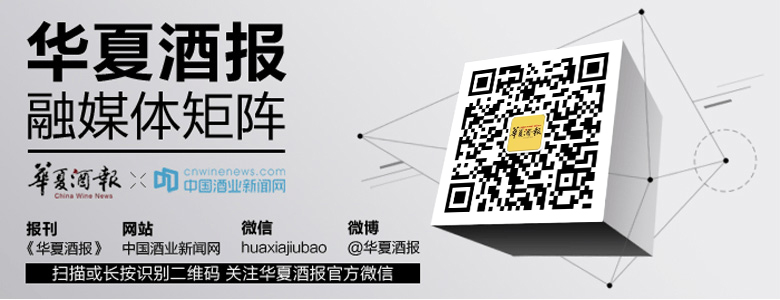From May 12 to 13, officials in Guizhou Province emphasized during a research tour in Zunyi the need to leverage regional advantages to integrate liquor and tourism, shifting from "selling alcohol" to "selling lifestyles." This initiative aligns with the *Implementation Plan for Transitioning from "Selling Alcohol" to "Selling Lifestyles"* issued by the Guizhou Provincial Government in June 2024, which outlines strategies to create demonstration wineries, alcohol-themed tourism zones, five-star liquor experience hotels, and a culinary research institute. The goal is to enhance the cultural and experiential value of liquor, transforming it into a multifaceted product that appeals to modern consumers.
Guizhou’s liquor industry, particularly its renowned sauce-aroma baijiu sector, faces dual challenges: overcapacity and shifting consumer preferences. While older generations (70s and 80s cohorts) dominate traditional liquor consumption, younger demographics (post-90s and post-00s) prioritize tech products and personalized experiences. Their social habits—less reliant on formal banquets or gift-giving rituals—further distance them from baijiu, a drink deeply tied to traditional social etiquette. This generational gap threatens the industry’s sustainability, prompting Guizhou to reimagine its approach.
The province’s "lifestyle" strategy aims to embed baijiu into new consumption scenarios. For instance, luxury hotels and immersive wineries could offer tastings paired with local cuisine, while themed tourism routes might highlight the craftsmanship behind Guizhou’s iconic brands like Moutai. Beyond boosting liquor sales, this model seeks to stimulate ancillary industries, forming a cohesive economic ecosystem centered on baijiu.
However, challenges persist. Despite Guizhou’s ambition to cultivate 3–5 sauce-aroma baijiu brands with annual revenues exceeding ¥10 billion each during the 14th Five-Year Plan period, the industry remains heavily reliant on Moutai. In 2024, Moutai alone accounted for 72.5% of the sector’s total revenue (¥1.74 trillion), overshadowing smaller competitors. A report by Quantu Sauce-Aroma Baijiu Studio revealed that while the broader sauce-aroma industry grew by 4.35% in 2024, non-Moutai brands struggled to scale.
The success of Guizhou’s transformation hinges on market adaptability. While government policies address structural issues—such as diversifying consumption experiences—the real test lies in how enterprises innovate to resonate with younger audiences. Can curated "lifestyles" replace decades of cultural inertia? Can boutique wineries compete with Moutai’s dominance? These questions remain unanswered, underscoring the complexity of balancing tradition with modernity in China’s evolving liquor landscape.

